Top 10 tips for a successful interview
Interviews can be a daunting experience, but if you spend time practicing and preparing it can make the experience enjoyable and have a significant effect on the outcome!
Here are our Top 10 tips to help you get the best results.
- Research the Company: Gather information about the company's background, mission, values, products/services, and recent news or achievements. This knowledge will help you demonstrate your genuine interest and align your responses accordingly.
- Understand the Job Requirements: Familiarize yourself with the job description and understand the key skills, qualifications, and responsibilities. Prepare examples from your experience that showcase how you meet those requirements.
- Practice Common Interview Questions: Prepare answers to common interview questions, such as "Tell me about yourself" or "Why do you want to work here?" Practice your responses to ensure they are clear, concise, and highlight your relevant skills and experiences.
- Showcase Your Achievements: Prepare specific examples that demonstrate your accomplishments and how they positively impacted previous employers or projects. Use the STAR method (Situation, Task, Action, Result) to structure your responses and highlight your abilities.
- Dress Professionally: Dress appropriately for the interview, considering the company's dress code. It's better to be slightly overdressed than underdressed. Pay attention to your grooming and ensure your overall appearance is neat and professional.
- Be Punctual: Plan to arrive at the interview location 10-15 minutes early. Punctuality shows respect for the interviewer's time and helps you start the conversation on a positive note.
- Demonstrate Strong Body Language: Maintain good posture, make eye contact, and offer a firm handshake. Smile, actively listen, and engage with the interviewer. Non-verbal cues play a significant role in creating a positive impression.
- Ask Thoughtful Questions: Prepare a list of insightful questions to ask the interviewer about the company, team dynamics, or the role itself. This demonstrates your genuine interest and allows you to gather information to assess if the job is the right fit for you.
- Highlight Your Soft Skills: Emphasize your interpersonal skills, problem-solving abilities, teamwork, and adaptability. Soft skills are highly valued by employers, so be prepared to provide specific examples of how you've utilized these skills in previous experiences.
- Follow Up with a Thank-You Note: After the interview, send a personalized thank-you note or email within 24 hours to express your appreciation for the opportunity and reaffirm your interest in the position. This gesture helps you stand out and leaves a positive impression.
Remember, each interview is unique, and these tips should be adapted to fit the specific circumstances. Being well-prepared, confident, and authentic will increase your chances of success in any interview. Good luck!




